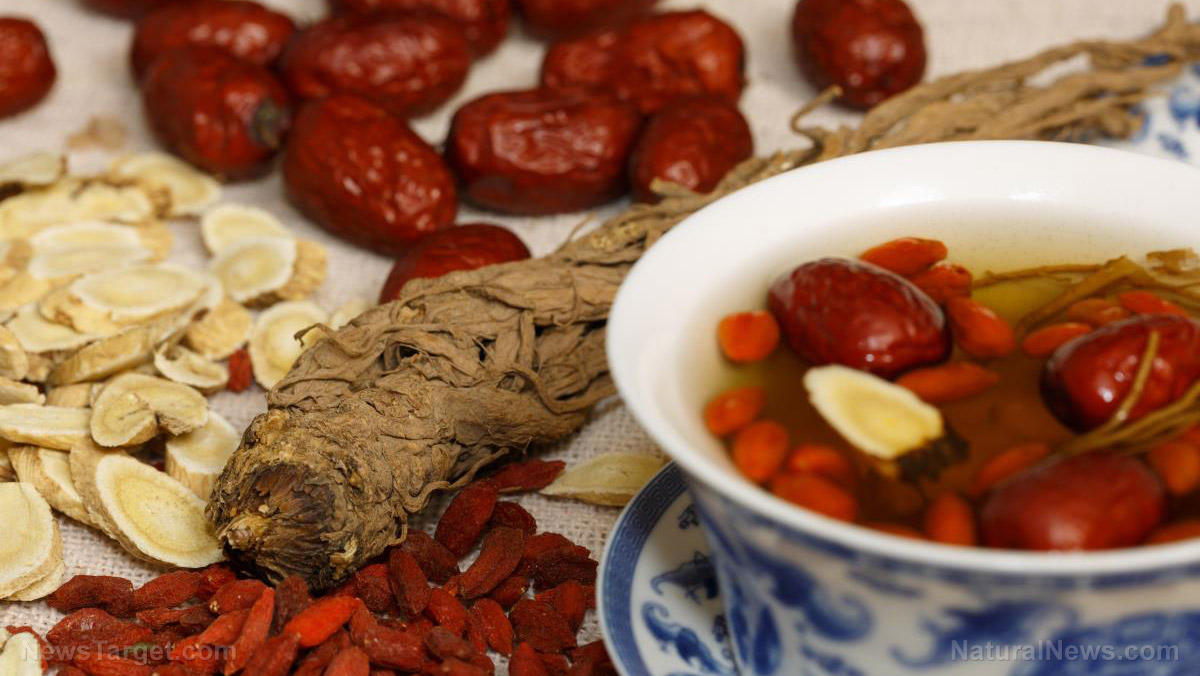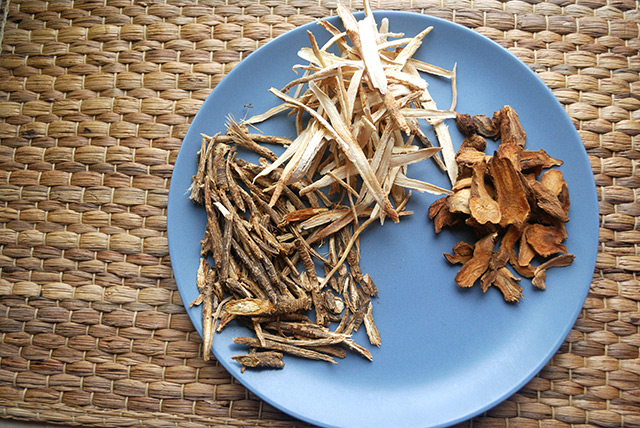Study reveals eating 2 handfuls of walnuts a day can help prevent breast cancer
10/02/2019 / By Evangelyn Rodriguez

Walnuts are known for being one of the most nutritious nuts on the planet. They also happen to be excellent sources of healthy fats and antioxidants, which help fight disease-causing inflammation. Plenty of research has been done on the health benefits of walnuts, and consumption of these tree nuts has been associated with a lower risk of heart disease, improved brain function, and even cancer prevention. In a newly released study in the journal Nutrition Research, researchers from Marshall University in West Virginia demonstrated how a healthy diet that includes walnuts can influence cancer progression and survival. They reported that eating walnuts alters the expression of certain genes in breast tumors, which ultimately impedes the growth of cancer cells and leads to cancer cell death.
Why women with breast cancer can benefit from eating walnuts
In their article, the researchers pointed out that diet makes a heavy contribution to the development or avoidance of human cancers. While some food components can trigger the growth of aberrant cells, others can make it difficult for cancerous cells to even exist. Studies suggest that these good dietary components — which are usually found in whole foods, particularly plant-based foods — can synergize with each other to decrease the harmful effects of cancer-causing substances. This antagonistic effect makes healthy foods promising tools for cancer prevention.
Previous experiments have revealed that certain components of walnuts, such as the omega-3 fatty acid alpha-linolenic acid (ALA) and the plant sterol beta-sitosterol, can stop the proliferation of cancer cells in a cell culture. Several cell culture studies have also identified ellagic acid, a natural antioxidant found in walnuts and many fruits, as a powerful cancer-preventive agent. Ellagic acid not only stops cancer cells from rapidly dividing, it also induces them to commit programmed cell death (apoptosis).

|
Discover how to prevent and reverse heart disease (and other cardio related events) with this free ebook: Written by popular Natural News writer Vicki Batt, this book includes everything you need to know about preventing heart disease, reversing hypertension, and nurturing your cardiac health without medication. Learn More. |
Based on the results of their animal studies, the researchers hypothesized that the anti-cancer components of walnuts can affect the expression of genes involved in the progression of human breast cancer tumors. To test this hypothesis, they conducted a clinical trial and studied samples taken from the breast lumps of women diagnosed with the disease. After the first batch of samples were taken, they asked the women to consume two ounces of walnuts as part of their daily diet. Two weeks later, they collected a second batch of samples from the patients during surgery.
Comparing the results of their analyses of the first and second batch of samples, the researchers found that walnut consumption altered the expression of 456 identified genes. Some of the genes were involved in the activation of pathways that lead to apoptosis, while others contributed to the inhibition of cancer cell growth and proliferation. “These, results,” concluded the researchers, “support the hypothesis that, in humans, walnut consumption could suppress [the] growth and survival of breast cancers.”
More reasons to munch on walnuts
Walnuts are not only satisfying to snack on, they also boast a wide range of culinary uses. Walnuts can be mixed in salads, sprinkled on top of desserts and baked goods, added to breakfast cereals, or used to make soups. They are also used to produce an expensive oil that many chefs use to add a rich nutty flavor to cold dishes like salads or to make cold sauces. (Related: Walnuts rank as top nut, providing highest level of quality antioxidants.)
Walnuts provide plenty of nutrients, especially monounsaturated and polyunsaturated fats. These fats support heart and brain health and can reduce inflammation. A 30 g serving of organic walnuts offers the following:
- Calcium, 20 mg
- Carbohydrates, 3.89 g
- Fiber, 2 g
- Healthy fats, 20 g
- Iron, 0.72 mg
- Protein, 5 g
Raw, organic walnuts also contain minerals like copper, magnesium, manganese, and phosphorus, as well as essential vitamins like folic acid (vitamin B9), vitamin B6, and a special form of vitamin E called gamma-tocopherol. According to studies, gamma-tocopherol has protective effects against neurodegenerative diseases like Alzheimer’s, heart disease, and certain types of cancer.
For more news on walnuts and other foods that help fight or prevent diseases, visit Superfoods.news.
Sources include:
Tagged Under: ALA, alpha-linolenic acid, alternative medicine, anti-inflammatory, anticancer, antioxidants, beta-sitosterol, breast cancer, breast tumors, cancer cures, clean food, diet, Ellagic acid, food cures, food is medicine, functional food, Gamma-tocopherol, gene expression, healthy fats, healthy nuts, inflammation, natural cures, natural medicine, nutrients, organics, phytonutrients, prevention, research, walnut oil, Walnuts, women's health



















